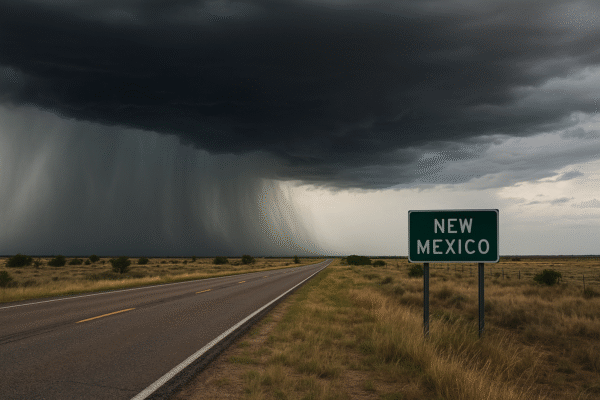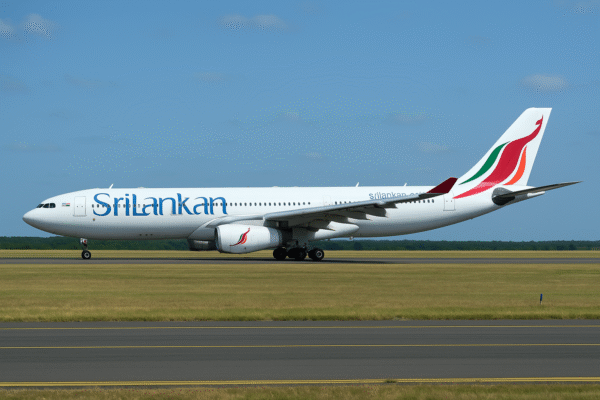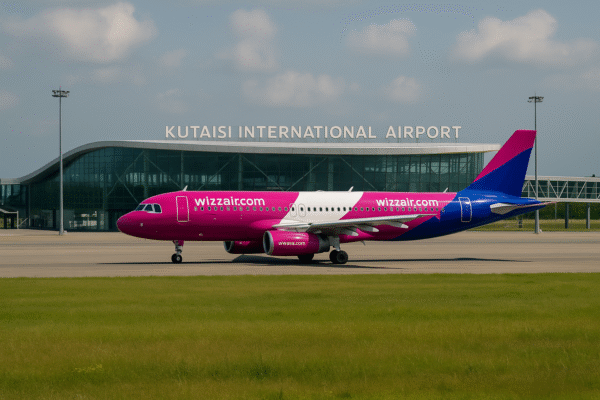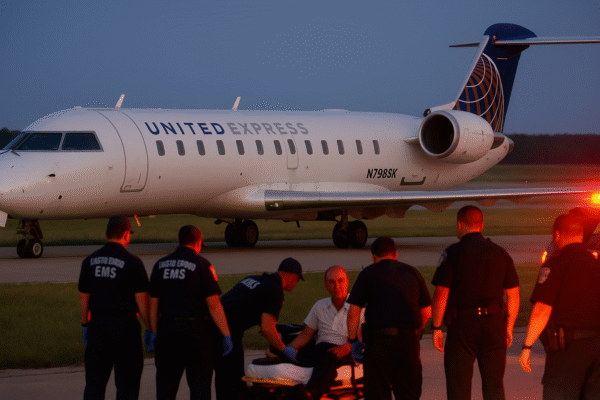In a disturbing turn for what should have been a routine air journey, United Express Flight 5971, operated by SkyWest, was rocked by severe turbulence on August 28, 2025, en route from Aspen, Colorado to Houston, Texas. Just 90 minutes into the flight, the aircraft plunged nearly 4,000 feet in under a minute and continued to lose altitude—tumbling more than 25,000 feet over six minutes—before diverting to Austin-Bergstrom International Airport for an emergency landing.
Inside the cabin, the situation quickly turned chaotic. Passengers were flung from their seats; one man reportedly struck the ceiling three times, described moving “like a ragdoll.” Oxygen masks dangled above, drinks spilled upward, and personal belongings scattered everywhere. The pilot declared a medical emergency to air traffic control, warning of bleeding and requesting a stretcher.
Upon landing in Austin around 8:00 p.m. local time, 39 passengers and four crew members were assessed by emergency medical personnel. Two adult passengers—none with life‑threatening injuries—were transported to local hospitals as a precaution.
In a statement following the landing, SkyWest, in cooperation with United Express, emphasized that passenger safety is their top priority and pledged full support for those affected. The FAA has since launched an investigation into the incident, identifying both severe turbulence and a possible pressurization issue as factors.
Notably, this event highlights a growing aviation safety concern: turbulence appears to be intensifying over time. A 2023 study by the University of Reading found that clear‑air turbulence has increased by 55 percent over the past 40 years, with climate change–driven shifts in jet streams and wind shear making the skies bumpier and more unpredictable.
What Travelers Should Know
- Expect the unexpected: Even seemingly tranquil routes like Aspen–Houston can become dangerous when severe turbulence strikes unexpectedly.
- Always follow crew instructions: Wearing seat belts when seated is a simple yet vital precaution to minimize injury risk.
- Be prepared mentally and practically: Turbulence of this magnitude is rare—but not unprecedented, and being alert can make a difference.
- Airlines are proactive: Emergency protocols—from declaring a mayday to coordinating ground support—are in place to protect passenger welfare.
- Turbulence is evolving: Warming climates are contributing to a rise in sudden, radar-invisible turbulence. The aviation sector is responding with better training, monitoring, and aircraft design enhancements.
While air travel remains among the safest modes of transit, Flight 5971 serves as a stark reminder that nature can still surprise us. The professionalism of the flight crew, the response teams on the ground, and established safety systems all played crucial roles in preventing worse outcomes. For future travelers on this route—or any route—it’s wise to stay informed, buckle up, and trust that behind the scenes, aviation safety continues to evolve in response to these modern challenges.
For more travel news like this, keep reading Global Travel Wire
















